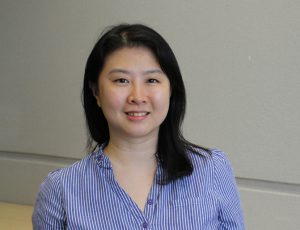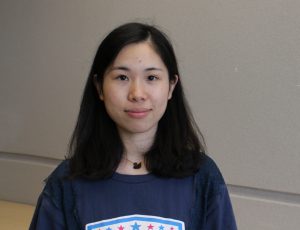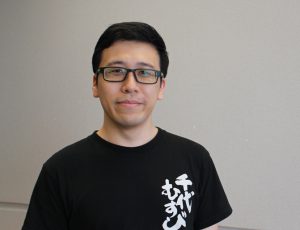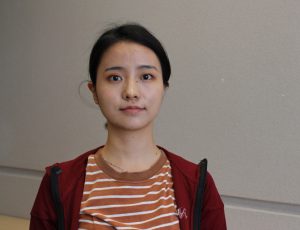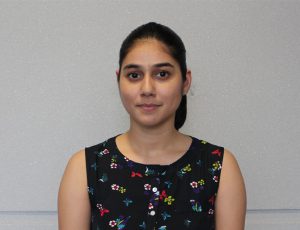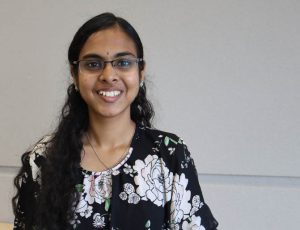
Melissa Jane FULLWOOD
The Fullwood lab seeks to investigate the 3-dimensional organization of DNA and how these structures in our DNA act as gene switches to turn on or turn off genes in our body. In particular we are interested to understand how these switches go awry in cancer, with the hope of developing therapies to target these switches.
melissa.fullwood[at]nus.edu.sg
Principal Investigator, Cancer Science Institute of Singapore, National University of Singapore
Nanyang Assistant Professor, School of Biological Sciences, Nanyang Technological University
| 2014 | A*STAR/SNAS Young Scientist Award |
| 2013 | National Research Foundation (NRF) Fellowship |
| 2011 | A*STAR Phillip Yeo Prize for Outstanding Achievement in Research (Biomedical) |
| 2010 | Regional Winner (International), GE & Science Prize |
| 2010 | Lee Kuan Yew Post-Doctoral Fellowship |
| 2009 | L’Oreal UNESCO for Women in Science National Fellowship |
| 2006 | A*STAR National Science Scholarship (A*STAR NSS PhD) |
| 2005 | Phi Beta Kappa |
| 2002 | A*STAR National Science Scholarship (A*STAR NSS BS) |
The Fullwood lab focuses on human genome annotation, transcriptome characterization, and understanding transcription regulation, to promote human personal genomics, particularly in cancer. In vivo, DNA is compacted into chromatin. The processes surrounding DNA are complex, and these “epigenetic” processes can include histone modifications, transcription factors that regulate gene expression. Cancer genome sequencing has revealed that many factors associated with epigenetic processes are mutated in cancers, and epigenetic processes have been targeted by specific drugs. In addition, RNA has been found to be more complex than previously thought, and long non-coding RNAs, previously thought of as “transcriptional noise”, have been found to play roles in cancer.
Chromatin immunoprecipitation (ChIP) with sequencing and RNA sequencing are powerful tools that rely on new next-generation sequencing approaches to provide deep insights into epigenetic processes. Moreover, Dr Fullwood’s research on developing Chromatin Interaction Analysis with Paired-End Tag sequencing (ChIA-PET) has suggested that chromatin interactions, which are regions of the genome that are far apart in the linear genome sequence but come together in close 3-dimensional spatial proximity, may constitute common mechanisms for gene regulation.
Dr Fullwood’s current work focuses on using ChIP sequencing, RNA sequencing, and ChIA-PET on a gastric cancer cell model, as well as other cancer cell models, to elucidate the detailed epigenomic profiles, allowing for new insights into possible cancer-associated biomarkers and cancer therapies. In addition, Dr Fullwood is interested in continuing to develop and refine new genomic technologies to understand chromatin and transcription.


